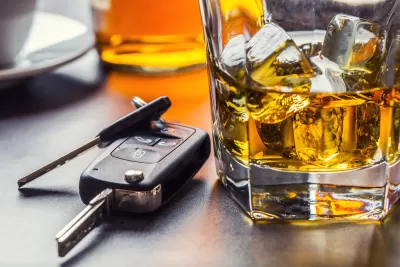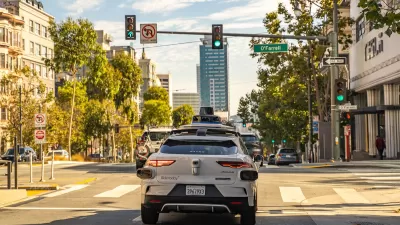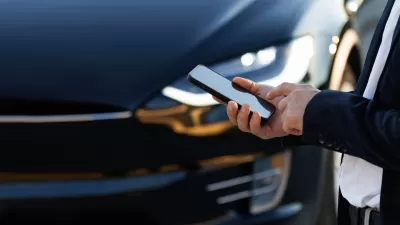The agency says it will explore various options for testing impairment behind the wheel.

The National Highway Traffic Safety Administration (NHTSA) says it would recommend technology that detects whether a driver is drunk, noting that “Almost 13,400 people died in US alcohol-related crashes in 2021 alone.”
According to an article by Aarian Marshall in Wired, “The agency is still exploring how best to precisely detect and measure impairment in drivers and would seek multiple rounds of public input before creating any regulations to force automakers to include the feature.”
Regulators noted the plans are in very early stages and pose several questions: “What’s the best way to determine whether someone is drunk or drowsy or distracted, and should the car treat those impairments differently? What should a car do if it determines its driver is drunk? And—critically—is there a way to guarantee that systems will never lock out people who aren’t drunk?”
James C. Fell, a research scientist with the National Opinion Research Center at the University of Chicago, says “Whatever method—or combination of methods—the government chooses, anti-drunk-driving technology that works should reduce the toll of traffic crashes.”
FULL STORY: US Regulators Want Cars to Include Drunk-Driver Detection Technology

Planetizen Federal Action Tracker
A weekly monitor of how Trump’s orders and actions are impacting planners and planning in America.

Congressman Proposes Bill to Rename DC Metro “Trump Train”
The Make Autorail Great Again Act would withhold federal funding to the system until the Washington Metropolitan Area Transit Authority (WMATA), rebrands as the Washington Metropolitan Authority for Greater Access (WMAGA).

The Simple Legislative Tool Transforming Vacant Downtowns
In California, Michigan and Georgia, an easy win is bringing dollars — and delight — back to city centers.

The States Losing Rural Delivery Rooms at an Alarming Pace
In some states, as few as 9% of rural hospitals still deliver babies. As a result, rising pre-term births, no adequate pre-term care and "harrowing" close calls are a growing reality.

The Small South Asian Republic Going all in on EVs
Thanks to one simple policy change less than five years ago, 65% of new cars in this Himalayan country are now electric.

DC Backpedals on Bike Lane Protection, Swaps Barriers for Paint
Citing aesthetic concerns, the city is removing the concrete barriers and flexposts that once separated Arizona Avenue cyclists from motor vehicles.
Urban Design for Planners 1: Software Tools
This six-course series explores essential urban design concepts using open source software and equips planners with the tools they need to participate fully in the urban design process.
Planning for Universal Design
Learn the tools for implementing Universal Design in planning regulations.
Smith Gee Studio
City of Charlotte
City of Camden Redevelopment Agency
City of Astoria
Transportation Research & Education Center (TREC) at Portland State University
US High Speed Rail Association
City of Camden Redevelopment Agency
Municipality of Princeton (NJ)





























